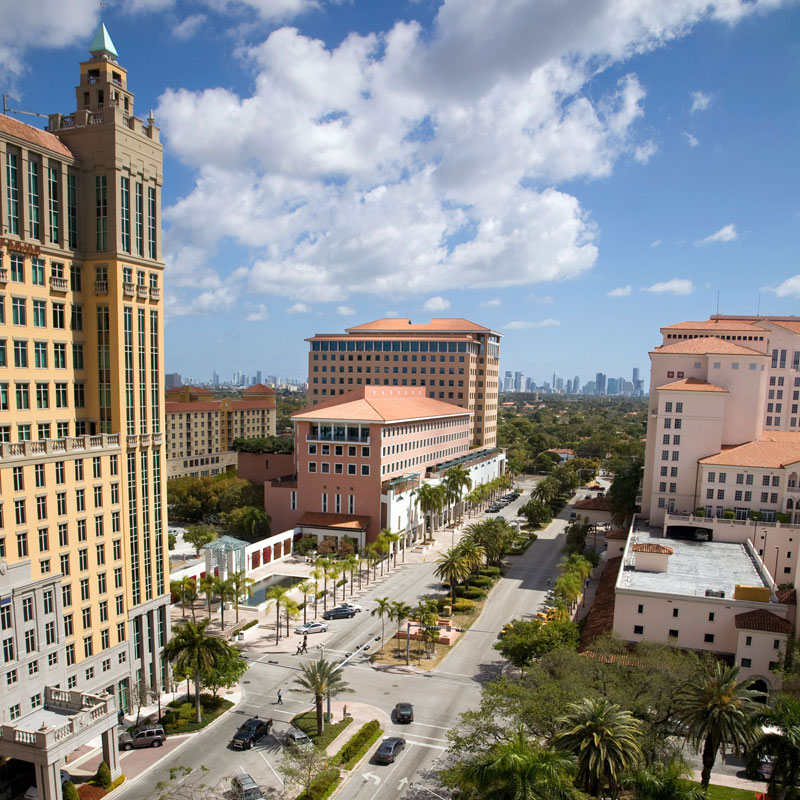Estate Planning - Wills
Last Wills of the Rich and Famous – and Not so Famous!
My law practice is largely estate planning, so I have a natural fascination for wills. I am fascinated by the way people leave their earthly belongings.
Pablo Picasso refused to make a will, thinking that was the best way of avoiding death. He died intestate.
Elizabeth Arden left an estate of $50 million. Of this amount she left $11 million to family, maids, servants, and 200 employees. The other $39 million went to New York State and the IRS – involuntarily, of course.
In his will, King Henry VIII provided that he be buried next to Jane, the favorite of his six wives.
William Shakespeare left everything to his two daughters and omitted his wife, except for “my 2nd best bed with the furniture.”
Socialist Karl Marx accumulated no personal wealth, leaving only 250 pounds.
Margaret Nothe left her will written on the page of her hand-written book of kitchen recipes entitled Chili Sauce without Working:
4 quarts of ripe tomatoes, 4 small onions, 4 green peppers, 2 teacups of sugar, 2 quarts of cider vinegar, 2 ounces ground allspice, 2 ounces cloves, 2 ounces cinnamon, 12 teaspoon salt. Chop tomatoes, onions and peppers fine, add the rest mixed together and bottle cold. Measure tomatoes when peeled. In case I die before my husband I leave everything to him.
Marilyn Monroe bequeathed over $1 million, but if was never paid. Her estate was declared insolvent because of large debts.
Bobby Kennedy named his brother John as executer of his will. However, John had been assassinated four years earlier, and Bobby, the former attorney general, had failed to change his own will.
The father of the late Grace Kelly, John Kelly Sr., wrote his will in layman’s language. He wrote:
This is my last will, and I believe I am of sound mind. (Some lawyers may question this when they read my will, however, I have my opinion of some of them, so that makes it even.) I can think of nothing more ghastly than heirs sitting around listening to some representative reading a will. They always remind me of buzzards and vultures, awaiting the last breath of the stricken . . . I have written this will in a lighter vein because I have always felt that wills were so dreary that they might have been written by the author of “Inner Sanctum” . . . If I don’t stop soon, this will be as long as “Gone with the Wind,” so just remember, when I shove off for greener pastures or whatever is on the other side of the curtain, that I do it unafraid and if you must know, a little curious.
The shortest known will in the United States was lady in Queens, New York, who died in 1972. Her will provided: “Dearest George. All I have is what you gave me, so everything I have is yours. Lovingly, Helen.”
Possibly the wealthiest man of all time was King Solomon. When he was preparing his will, he said:
I am disgusted about this, that I must leave the fruits of all my hard work to others. And who can tell whether my son will be a wise man or a fool?
And yet all I have will be given to him – how discouraging! . . . I must leave all of it to someone who hasn’t done a day’s work in his life; he inherits all my efforts, free of charge. This is not only foolish, but unfair.
Ecclesiastes 2:18-22
So what do we derive from reading these wills? Some makers may seem foolish or ill-planned, but to them they were perfectly logical and exactly what they wanted.
Whether you are famous, infamous, or neither, you have the opportunity to set forth how your estate assets will pass at your death. There is no “right” or “wrong” way to leave your estate. That is completely your own decision. The purpose of a will is to specify who you want to receive your hard-earned estate regardless of its size.
- What if you die without a will living in Florida? The State of Florida will make your will for you — whether or not, you like the arrangement. The best course is to make your own will, with careful, deliberate planning. Once that is done, you can sleep well at night.
- And what if you make your will and later change your mind? You are always free to change your will as often as you change your mind.
- Who needs a will? Anyone over age 18 needs a will — regardless of the size or complexity of the estate.
- If a couple owns all assets jointly, do they need a will? That depends. Do you want all your assets to pass to your spouse, or do you want to make provision for some other family members at death, perhaps children by a former marriage, an elderly parent, or a financially-strapped sibling? Estate tax reasons may dictate that joint ownership is not always to best way to hold property. Joint ownership may work out the way you want, but then again, why take the chance and run the risk of having your wishes frustrated?
- Who do you want to manage and settle your estate, according to your will called your “Personal Representative”? In your will, you can name anyone whom you trust to administer your estate. Serious discussion should be made in selecting a personal representative, since the probate court places full responsibility on that person to administer the estate properly. Those duties include determining the validity of creditor claims, collecting and gathering estate assets, filing inventory, canceling existing accounts of decedent, filing federal fiduciary income tax returns, and possibly federal estate tax return, selling assets, filing accounting, valuing estate assets, and making final distribution of estate assets.
- What about minor children? You can create a trust or trusts in your will for any minor children, or any adult children, until they reach a certain age of responsibility. These trusts will then protect your estate against any loss or dissipation that might result from giving them funds too early. If you fail to include trusts for minor children, at the age of 18, minors become entitled to their inheritance, regardless of whether they are capable of receiving it.
- What about burial or cremation instructions? Your will does not take effect until you die, and therefore you should make separate provision for these arrangements, stating your funeral and burial preferences.
- What about gifts to charity? If you die without a will, your estate will pass to your closest family, and nothing will go to your favorite charity. However, in your will, you can make provision for an charities you wish, and possibly receive a tax benefit by doing so.
- Can I just prepare my own will? Preparing a will is not a job for amateurs. Every will must be tailor-made to fit your particular circumstances. All wills in Florida must be prepared and executed according to Florida law – including signing before two independent witnesses and a notary public. At death, the original signed will must be submitted to the court. A copy is not acceptable, since the court assumes that the decedent destroyed the original before death. It is extremely important to devote your time and attention to making your will, so you can know for certain that your wishes will be carried out. After working hard to acquire your estate assets, why take a chance on a do-it-yourself kit that might not be valid at death?
- What about proceeds of life insurance and pension plans – do they pass through my probate estate? If insurance policies or retirement accounts name a beneficiary, upon death of the decedent, the proceeds will be distributed to the named beneficiary, and will not go through the probate estate.
- Does my will avoid probate? No, to the contrary, if anyone dies in Florida owing assets in his/her own name, his/her estate will be administered under the supervision of the probate court. The probate process is necessary, and can sometimes be time-consuming and expensive. The alternative to probate is through use of a revocable living trust.

Morgan Horton Law
Charles O. Morgan, Jr., PA
2121 Ponce de Leon Blvd., Suite 900
Coral Gables, FL 33134
305-624-0011
Charles O. Morgan, Jr. – [email protected]
Laura M. Horton – [email protected]

